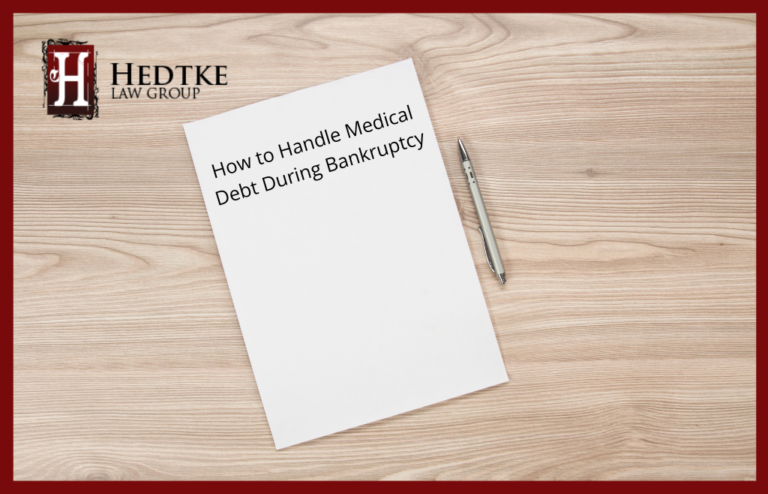
Summary:
Retirement accounts like 401(k)s and most IRAs are largely protected in bankruptcy, with key limits and exceptions. Withdrawals or inherited IRAs can lose that protection if not handled properly. Choosing the right exemption system and maintaining clean records is essential to preserving your retirement.
You’ve worked for years building nest‑egg security. If a wave of debt threatens to drown you, you don’t have to watch everything vanish. That includes your retirement accounts. The law provides strong protections. Here’s what happens to your retirement accounts in a bankruptcy, and how to keep what you’ve earned.
Federal Protections for Qualified Plans
The strongest protection applies to retirement plans covered by the Employee Retirement Income Security Act (ERISA), including 401(k)s, 403(b)s, profit-sharing plans, and defined benefit pensions. In a bankruptcy, those funds stay outside the bankruptcy estate. The trustee generally can’t touch them because the law treats them as non‑assignable.
You must keep the funds inside the qualified plan. If you withdraw them before filing, they become ordinary cash and lose that protection.
IRAs, Roth IRAs & Their Limits
Traditional IRAs and Roth IRAs also enjoy protection, but with limits. Under federal bankruptcy law (BAPCPA), your aggregate IRA holdings (traditional and Roth combined) are exempt up to a statutory ceiling. For 2025–2028, that limit is $1,711,975.
Notably, that cap does not apply to funds rolled over from an employer plan. Those retain the broader protection of the original plan.
One big caveat: inherited IRAs do not qualify for that protection. A Supreme Court decision held that inherited IRAs are not “retirement funds” for bankruptcy exemption purposes.
The Role of Your Chapter Choice and Income Streams
Choosing between Chapter 7 and Chapter 13 affects how retirement income is treated—and what you keep.
- In Chapter 7, exempt retirement accounts survive intact. Only nonexempt assets are sold to pay creditors.
- In Chapter 13, your retirement assets remain exempt, but ongoing retirement income (pensions, IRA withdrawals) counts as part of your disposable income under the repayment plan.
Some distributions already received (before your filing) may be scrutinized and could lose protection.
California’s Exemption Law & Its Interaction with Federal Protection
California gives you two tracks for claiming exemptions (commonly called “System 1” and “System 2”). Under either system, many retirement assets remain fully shielded.
California Code of Civil Procedure explicitly exempts private retirement plans from execution, meaning that even outside bankruptcy, those accounts receive strong protection.
For IRAs, California’s rules allow exemption of funds “reasonably necessary” for the debtor and dependents. Courts examine age, health, earning ability, and living costs when deciding what is reasonable.
You must choose whether to use the state’s system or the federal exemption schedule (if allowed). Your choice can affect how much protection you get for cash, non-qualified investments, or IRAs.
Best Practices to Preserve Your Retirement in a Bankruptcy
- Don’t withdraw funds just before filing. Once money exits a qualified plan, it loses its special protection and becomes vulnerable.
- Document every rollover. Keep clear records (statements, 1099‑R, trustee transfers). If a court questions a move, a clean audit trail helps.
- Avoid large, unexplained deposits shortly before filing. Transfers can be challenged as fraudulent transfers.
- Weigh which exemption system (California or federal) offers better protection for your mix of assets.
- Keep your retirement accounts separate from non-retirement accounts to ensure clean tracing.
- Don’t roll inherited IRAs into protected status without careful legal advice, or they may lose all protection.
You built your retirement carefully. The law lets you keep it if you make the right moves. If debt has become overwhelming and you’re considering bankruptcy, you deserve clear answers and strategic protection. Reach out to Hedtke Law Group. We’ll review your options and help protect what matters most.



